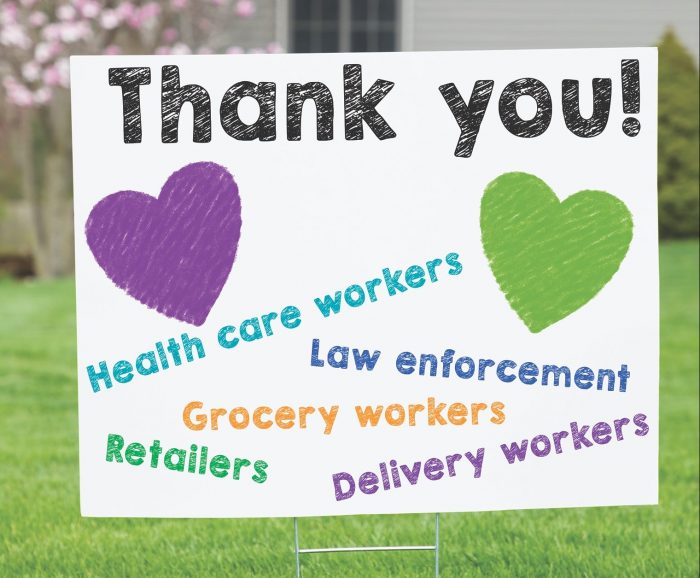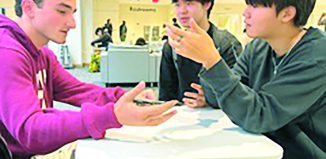Editorial: Love Thy Neighbor
As the number of COVID-19 cases rise in minority communities at a higher rate than primarily white areas, North Shore residents may think those numbers don’t affect them, but they do.
The members of these communities are our co-workers, our restaurant workers, our laborers, our neighbors — whether they live next door or in the next town. The pandemic has made it glaringly obvious many of our society’s problems, among them the disparities minorities face on Long Island.
A good deal of information coming out about coronavirus cases shows that black and Hispanic Americans are dying of the disease at rates higher than Caucasians. In Suffolk black residents make up 13 percent of those who have died from the virus and Latinos 14 percent. These numbers are high considering black Americans make up just 8 percent of Suffolk County residents. Latinos are approximately 19 percent of the population, but the number of cases among the immigrant community is likely very undercounted, as crucial information about the virus has had a harder time reaching non-English speakers.
Many from these communities work “essential” jobs in service and blue-collar industries, many of which pay a lower income overall. This can lead to poor or no health care, which would hinder someone from visiting a doctor when they become sick. It also means many who would rather stay home lack a choice but to go out and work, potentially bringing the virus home to their families.
While Suffolk has identified areas where higher populations are testing positive for COVID-19, and in turn are extending testing in those areas, more can be done for these populations. This virus has reminded us that our health care system needs an overhaul — and that these populations are at greater risk due to higher cases of heart disease and diabetes. While it may be too late to make major changes during this pandemic, there are small things we can do right now.
For one, this is no time for one to worry about a person’s immigration status. During a pandemic, as health care professionals and elected officials try to manage the storm, everyone who is currently in the U.S. needs to know they can go to a hospital with no questions asked to receive the care they need. There also needs to be a way to provide alternating housing for those who come down with the virus, whether that means opening up hotel rooms or college dorms. There are many, right here on Long Island, who live in crowded apartments and houses. Situations like those make it difficult for someone to isolate themselves from others to prevent more infections. For those living in houses with multiple generations, this also presents a huge danger to vulnerable populations like the elderly.
Personal protective equipment has been in short supply throughout the country, and it’s up to elected officials as well as business owners to ensure that their employees have the proper amount of gloves, masks and other gear to do their jobs. It shouldn’t matter whether they’re on the front lines at hospitals or cleaning bathrooms in a medical facility, serving as home health aides, delivering groceries or working the fields.
There is always more we can do for our friends and neighbors. One day this pandemic will pass but let’s hope the lessons we’ve learned, especially about those who have suffered because of inequities, will stick with us and inspire us to do better.







